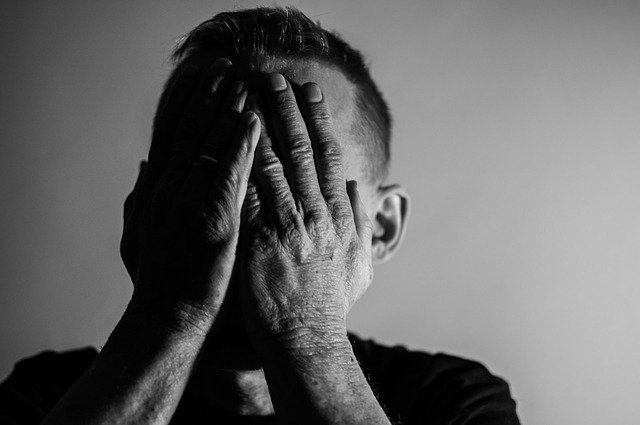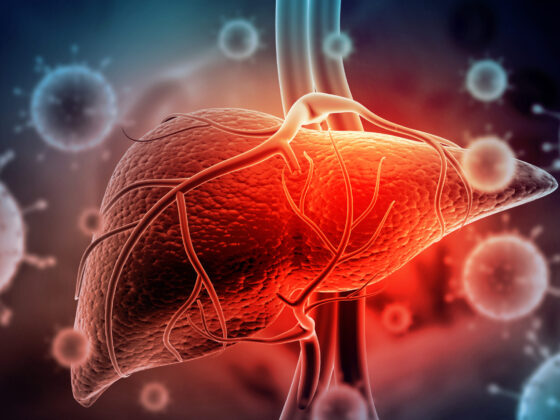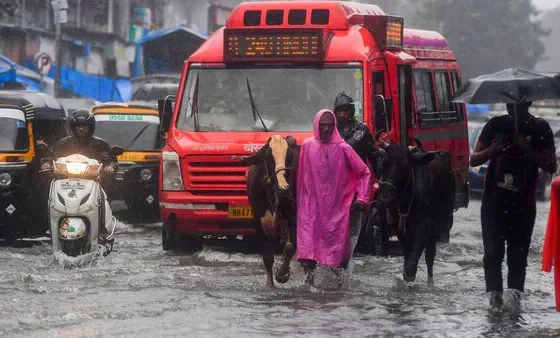In our busy world, we might not notice when someone is going through a tough time with their mental health. Depression is a condition that many people don’t fully understand, but it can show up in different ways. Knowing the signs early is really important. Here’s a simple guide to help you understand depression:
- Feeling Really Sad:
When someone has depression, they might feel sad and hopeless for a long time. This sadness can take away the joy they used to get from things they loved, and it can strain their relationships with others.
- Sleep Struggles:
Depression can mess up a person’s sleep. They might have trouble falling asleep or sleep too much. These sleep problems can make them even more tired and emotionally worn out.
- Losing Interest in Fun Stuff:
Depression can make someone lose interest in activities they once enjoyed. This can lead to them withdrawing from friends and family, feeling alone.
- Appetite Rollercoaster:
Depression can mess with a person’s appetite. They might eat a lot more, leading to weight gain, or they might lose interest in food, causing weight loss.
- Energy Drained:
People with depression often feel tired all the time and lack the energy to do even simple tasks. This makes them feel like everything is too hard to handle.
- Thinking Becomes Difficult:
Depression can make it tough to think clearly. It might be hard to concentrate, make decisions, or remember things. This can affect how well they do at work or school.
Recognizing these signs is the first step to helping someone with depression. The good news is that depression can be treated, especially when caught early. People may experience a mix of these symptoms, and it can be mild or more severe.
Other signs to look out for include feeling guilty, getting easily irritated, physical discomfort, and thoughts of hurting themselves. If someone shows these signs, it’s important for them to talk to a professional for help.
We need to work together to break the stigma around mental health. Understanding depression and supporting each other through empathy, education, and open communication creates a place where seeking help for mental health challenges is welcomed.











